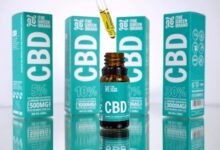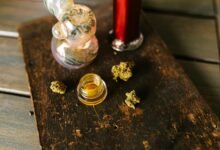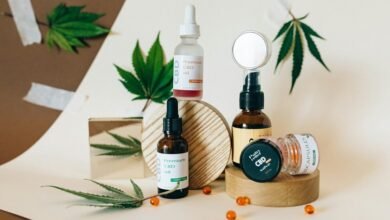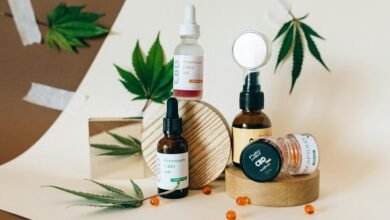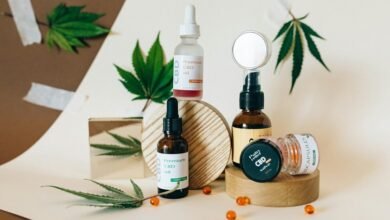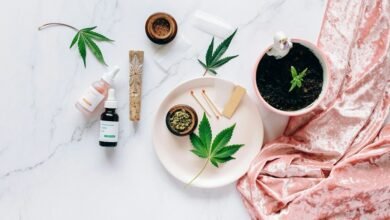Does Cbd Oil Show up in Drug Test
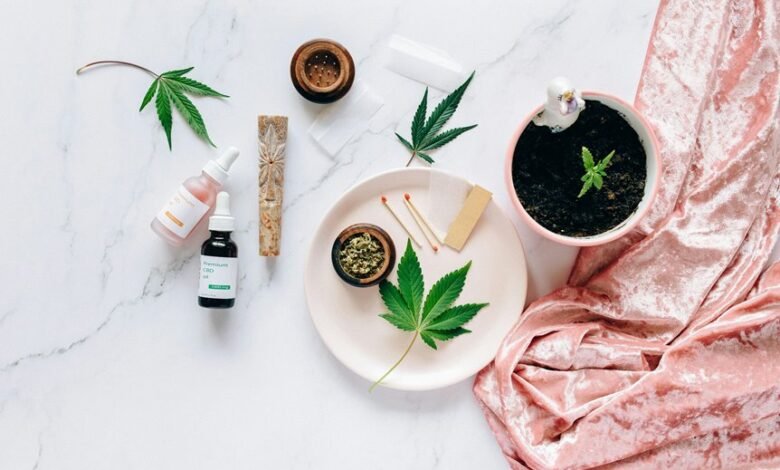
The relationship between CBD oil and drug tests is complex. While CBD itself is non-psychoactive, many products contain trace amounts of THC, which can lead to positive test results. Understanding the nuances between CBD and THC is essential for users. Additionally, various factors, such as metabolism and testing methods, play a significant role in detection. This raises important questions about the safety of using CBD oil for those subject to drug screenings.
Understanding CBD and THC: The Key Differences
Although both CBD (cannabidiol) and THC (tetrahydrocannabinol) are derived from the cannabis plant, they possess distinct properties and effects that set them apart.
CBD benefits include potential relief from anxiety and inflammation without psychoactive effects, while THC effects can induce euphoria and alter perception.
Understanding these differences is crucial for individuals seeking therapeutic options or recreational experiences within the realm of cannabis.
How Drug Tests Work: What Are They Looking For?
Drug tests are designed to identify the presence of specific substances within an individual's system. Various drug test types, such as urine, saliva, and hair tests, utilize different testing methods to detect drugs.
Typically, these tests focus on substances like THC, opioids, and amphetamines. Understanding what these tests look for can help individuals navigate potential implications regarding substance use.
Factors Influencing Drug Test Results for CBD Users
While many users turn to CBD oil for its therapeutic benefits, several factors can influence the results of drug tests for these individuals.
Dosage impact is significant; higher amounts of CBD may lead to increased THC levels if present.
Additionally, product purity plays a crucial role, as low-quality oils may contain trace THC, potentially resulting in a positive test outcome.
Tips for Using CBD Oil Without Risking a Positive Drug Test
To minimize the risk of a positive drug test while using CBD oil, individuals should prioritize selecting products that are labeled as "THC-free" or contain less than 0.3% THC, which is the legal limit in many regions.
Additionally, monitoring CBD dosage and being mindful of testing frequency can further reduce the likelihood of detection, ensuring a more secure experience with CBD usage.
Conclusion
In conclusion, while CBD oil may not inherently show up in drug tests, the presence of THC in certain products can lead to positive results. A study revealed that approximately 20% of CBD products tested contained more THC than advertised, highlighting the importance of choosing reputable brands. Users should be aware of the risks and consider the various factors influencing drug test outcomes to make informed decisions about their CBD use.
